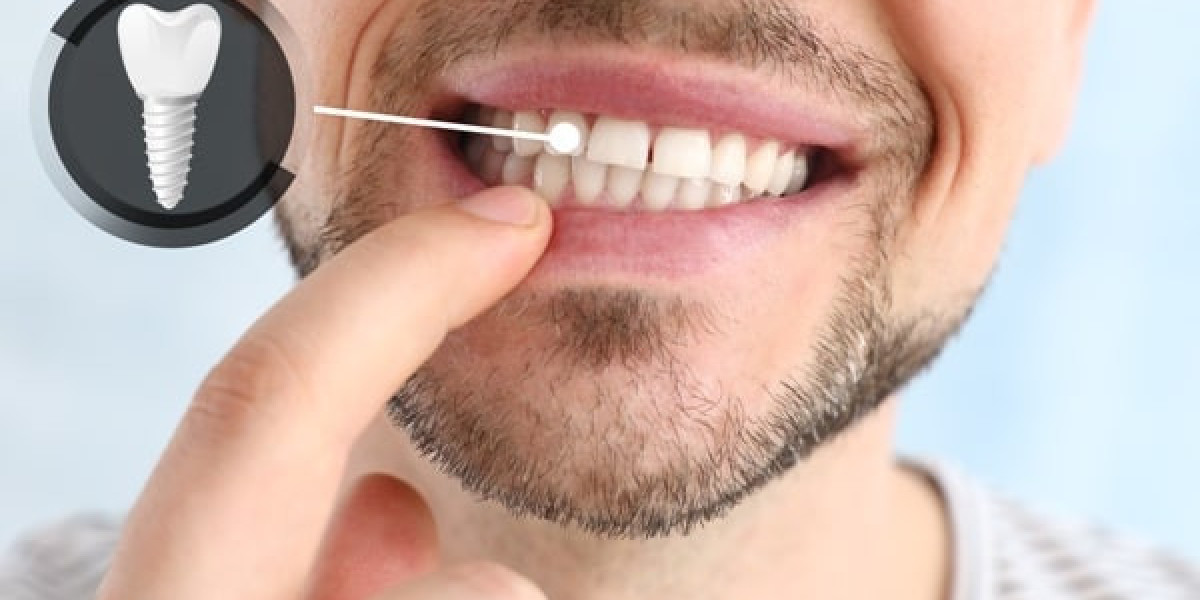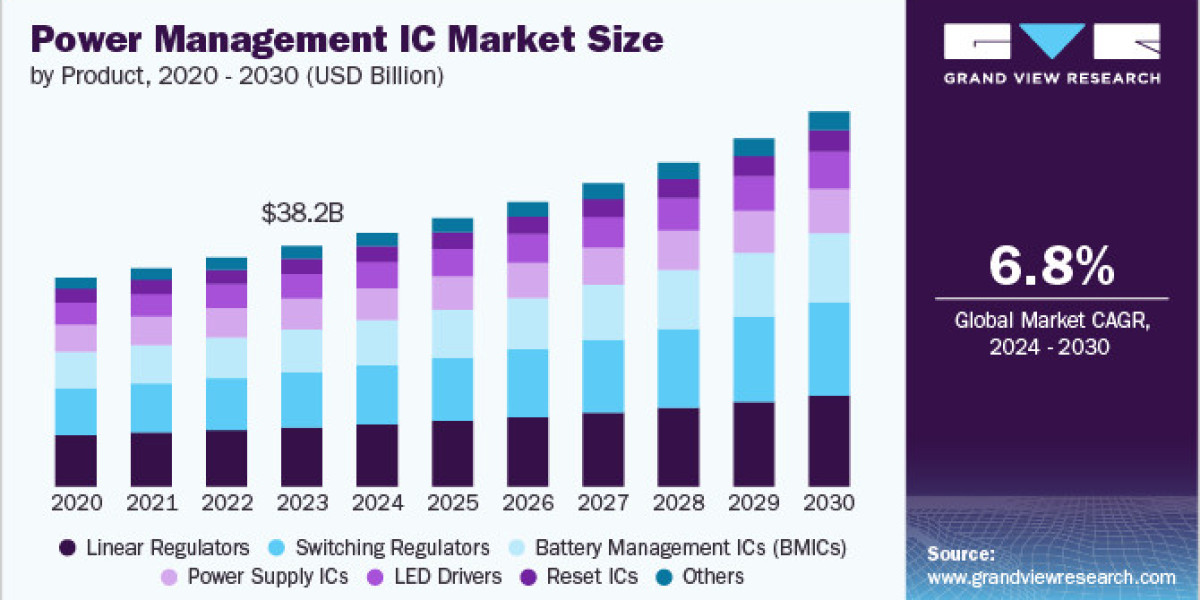Getting dental implants is a big step toward restoring your smile and oral health. They not only replace missing teeth but also provide strength, stability, and a natural appearance. However, the success of this treatment does not depend only on the surgery itself—it also relies on how well you care for your implants during recovery. One of the most important aspects of recovery is your diet. If you are considering Dental Implants in Islamabad or have recently undergone the procedure, knowing what foods to eat and what to avoid will help you heal faster and protect your investment.
Why Diet Matters After Dental Implants
After implant surgery, your jawbone and gums are in a sensitive state. Your body needs time to heal and for the implant to fuse with the bone, a process called osseointegration. Eating the wrong foods—such as hard, sticky, or spicy items—can put pressure on the surgical site, cause pain, and even slow down healing. On the other hand, the right foods can support recovery by:
Providing essential nutrients for tissue and bone repair.
Preventing unnecessary strain on the implants.
Keeping you comfortable during the healing phase.
What to Eat After Dental Implant Surgery
1. Soft Foods for the First Week
Immediately after surgery, soft foods are the safest choice. These reduce chewing stress and minimize irritation. Options include:
Mashed potatoes and soft rice.
Yogurt and smoothies.
Scrambled eggs.
Soups (lukewarm, not hot).
Applesauce.
These foods are easy to swallow and provide comfort while your gums are healing.
2. Nutrient-Rich Foods to Aid Recovery
Healing requires vitamins and minerals, especially calcium, vitamin D, and protein. Adding these to your diet can help your implants integrate with your jawbone more effectively. Some excellent choices are:
Protein: Soft fish, eggs, and well-cooked lentils.
Calcium: Low-fat milk, cheese, or fortified plant-based milk.
Vitamins: Soft fruits like bananas, peaches, and avocados.
Iron: Pureed spinach or blended beans.
3. Semi-Solid Foods After the First Few Weeks
As healing progresses, you can expand your diet to include slightly firmer foods. However, chewing should still be gentle and cautious. Good options are:
Pasta or noodles.
Soft-cooked vegetables.
Cottage cheese.
Oatmeal.
Pancakes and muffins (without nuts or seeds).
4. Hydration is Key
Staying hydrated is crucial for healing. Water helps flush bacteria, supports tissue repair, and keeps your mouth clean. Avoid carbonated drinks, and stick to plain water or natural juices without added sugar.
What to Avoid After Getting Dental Implants
1. Hard and Crunchy Foods
Chewing hard items too soon can put unnecessary pressure on the implant and interfere with osseointegration. Avoid:
Nuts.
Chips.
Hard bread or crusts.
Raw carrots or apples.
2. Sticky and Chewy Foods
Sticky foods can pull at the implant site and may increase the risk of infection. Steer clear of:
Chewing gum.
Caramel and toffees.
Sticky candies.
3. Spicy and Acidic Foods
Spicy foods may irritate your gums, while acidic items can cause discomfort around the healing tissue. Foods to limit include:
Citrus fruits like oranges and lemons.
Hot sauces and spicy curries.
Vinegar-based foods.
4. Hot Drinks and Alcohol
Hot beverages like coffee or tea can cause swelling and discomfort, while alcohol can slow healing and increase bleeding risk. It’s best to avoid these for at least the first week after surgery.
Creating a Balanced Healing Diet
When planning meals during recovery, balance is key. Here’s how you can structure your diet:
Breakfast: Smoothies with banana, yogurt, and oats.
Lunch: Mashed sweet potatoes with soft-cooked chicken or fish.
Snacks: Cottage cheese, applesauce, or blended fruit.
Dinner: Soup with lentils and soft vegetables.
This diet provides protein, fiber, and vitamins without putting stress on your new implants.
Tips for Eating Comfortably After Dental Implant Surgery
Cut food into small pieces: This makes chewing easier and reduces pressure on implants.
Chew on the opposite side: Protect the surgical site by using the unaffected side of your mouth.
Eat slowly: Allow time for comfortable chewing and swallowing.
Use a straw (after 48 hours): Helps with drinking liquids without disturbing healing gums.
Maintain oral hygiene: Rinse gently after meals to keep food particles away from the implant site.
Long-Term Diet After Full Recovery
Once your implants are fully healed (usually after a few months), you can return to a normal diet. The good news is that dental implants function just like natural teeth, meaning you can enjoy most of your favorite foods again. However, moderation is key:
Limit overly hard foods like ice or popcorn kernels.
Avoid chewing on pens or other non-food objects.
Stick to a balanced diet for long-term oral health.
Conclusion
Eating the right foods after dental implant surgery can make a huge difference in your recovery. A soft, nutrient-rich diet not only protects your implants but also accelerates healing and ensures the long-term success of the procedure. On the other hand, avoiding hard, sticky, and spicy foods will prevent unnecessary complications.
If you are planning to get Dental Implants in Islamabad, knowing how to care for your implants before and after surgery is essential. At Dynamic Clinic, specialists guide patients through every step of the journey, from surgery to recovery, ensuring that you get the best possible results. With the right care and diet, your implants can last a lifetime, restoring both your health and confidence.



